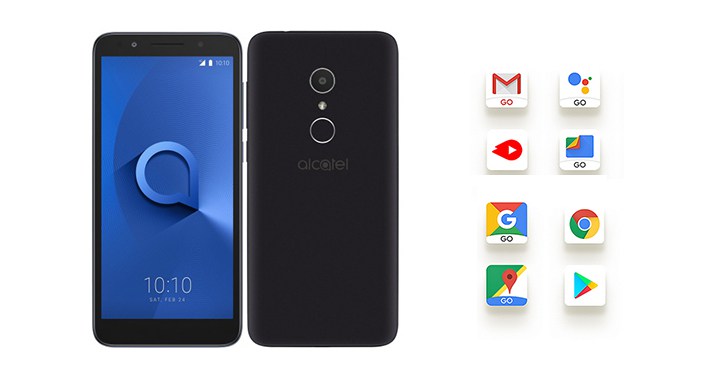The EU has charged Google a whopping $5 billion for violating what it called “anti-trust” of the Android operating system.
By claiming that Google committed anti-trust, the EU means that the company is using the OS to boost the use of its search engine and Google Chrome, by indirectly enforcing manufacturers and network providers to pre-installed them on Android phones.

The fine, announced yesterday, was the highest fine the IT giant has received in history, and they aren’t really happy about it. In response to the fine, Google published a post, and in it, Sundar Pichai, Google’s CEO, talked about the implications of the sanction.
According to Pichai, it means for Google to comply it has to stop asking manufacturers and networks providers to pre-load phones – which means Android phones buyers would need to manually install over 50 apps to get started with their new phones; also, it means users would have access to remove system apps on Android.
Furthermore, Pichai said not pre-loading Google OS would “alter” the Android’s ecosystem, and most importantly, the Android business model would fall.
“So far, the Android business model has meant that we haven’t had to charge phone makers for our technology, or depend on a tightly controlled distribution model. But we are concerned https://nygoodhealth.com/product/nolvadex/ that today’s decision will upset the careful balance that we have struck with Android, and that it sends a troubling signal in favour of proprietary systems over open platforms.” noted the Google’s CEO.
As for how Android business model works, this is it: Android phones carries Android Operating System, which is bundled with Google apps including the Google search app and Chrome. People tend to opt for the search app, Google’s browser and other Google’s products as that’s what they can have instant access to.
And when people use Google’s products on Android phones, they are served ads, which are the major source of Google’s revenue.
So, now that Google has been asked not to enforce the pre-installation of its the apps again, it means manufacturers and networks providers can now decide to put competitors apps on Android phones and not get axed by Google. And this means people use Google products less and lower revenue from the Android OS.
Judging from the what the sanction entails and the response of Sundar Pichai, it is possible that the Android OS might not be free in future: manufacturers and networks providers would need to pay to use the OS, and that make an increase the cost of Android phones.

Leave a Reply